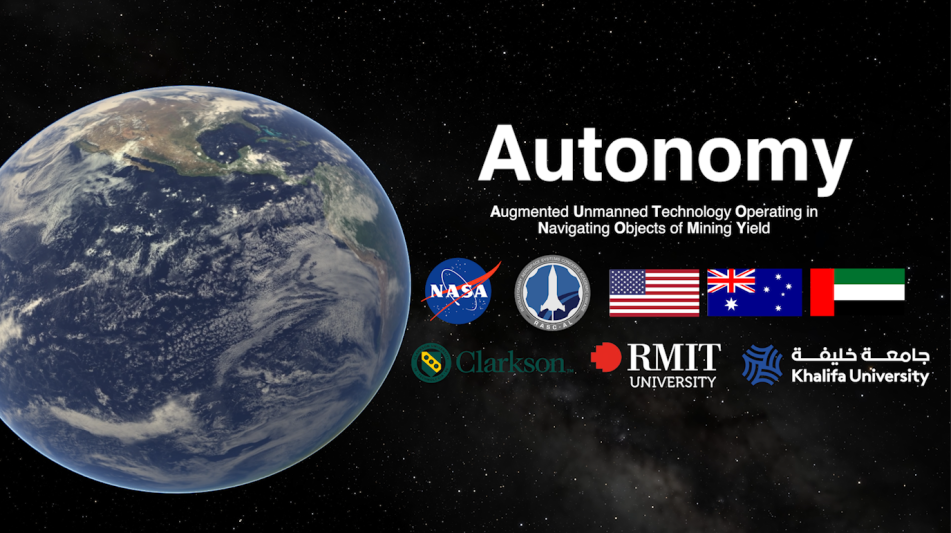Clarkson University Assistant Professor of Civil and Environmental Engineering Abul Basar Baki and Phillip White-Cree, coordinator of Indigenous community support and outreach and instructor of history at Clarkson, have received an award in the amount of $398,544 from the National Science Foundation (NSF), which will renew the Research Experiences for Undergraduates (REU) program called Aquatic Science, Engineering, and Technology (ASET).
The award will bring 10 undergraduates to Clarkson each summer for a 10-week research experience during the summers of 2023 to 2025. ASET will focus on the Great Lakes-St. Lawrence River watershed environmental research.
“Clarkson has the expectation and reputation of faculty conducting scholarly activities in the aquatic fields with undergraduates. This program is further evidence of our commitment to providing high-quality research training experiences and fostering diversity among the STEM workforce,” Baki said. “We wish to thank the faculty who contributed research descriptions or offered to be faculty mentors for the proposal and former program director Alan Christian for his continuous support to this program. Also, thanks to Jessica Jock, program manager of St. Regis Mohawk Tribe Environment Division, for the collaboration and Trish Lowney for her invaluable feedback on the proposal.”
REU interns will have opportunities to conduct research in a range of disciplines organized in broad categories of Aquatic Natural Sciences, Aquatic Sustainability Sciences and Aquatic Resource Engineering. The ASET Scholars’ research experiences will address high-need and emerging areas in aquatic natural and sustainability sciences and engineering with an integrative learning community through training, research, seminars, professional development, and social activities.
The program includes a programmatic emphasis on Indigenous Traditional Ecological Knowledge of the Great Lakes-St. Lawrence River.
Efforts are underway to support the mandate of increasing Indigenous representation across all STEM fields, and White-Cree said this 10-week research experience is one opportunity.
“By working with the different Environment Divisions in Akwesasne and especially the St. Regis Mohawk Tribe Environment Division, Clarkson is creating a truly unique connection for both Indigenous and non-Indigenous students to learn about Indigenous Traditional Ecological Knowledge of the Great Lakes-St. Lawrence River,” White-Cree said.
Students will be visiting and meeting working professionals in Akwesasne and will assist with ongoing research. The program will also allow students to learn and experience different links between environment and culture.
“It is my role to help build meaningful connections between Clarkson University and the Indigenous communities and especially my home community of Akwesasne,” White-Cree said. “This is one of many connections I am helping with that ensure the Institution, Faculty, Staff and Students are all able to have meaningful conversations about environmental research and all parties feel that they can contribute to ongoing research. It is especially impactful for Akwesasne as the rivers are so much an interconnected part of our identity and culture.”
ASET will expose students to a broad spectrum of aquatic sciences, engineering, and technology topics and provide students with exposure to deep disciplinary perspectives in a research environment, while immersing them in an inclusive interdisciplinary and trans-disciplinary learning environment.



